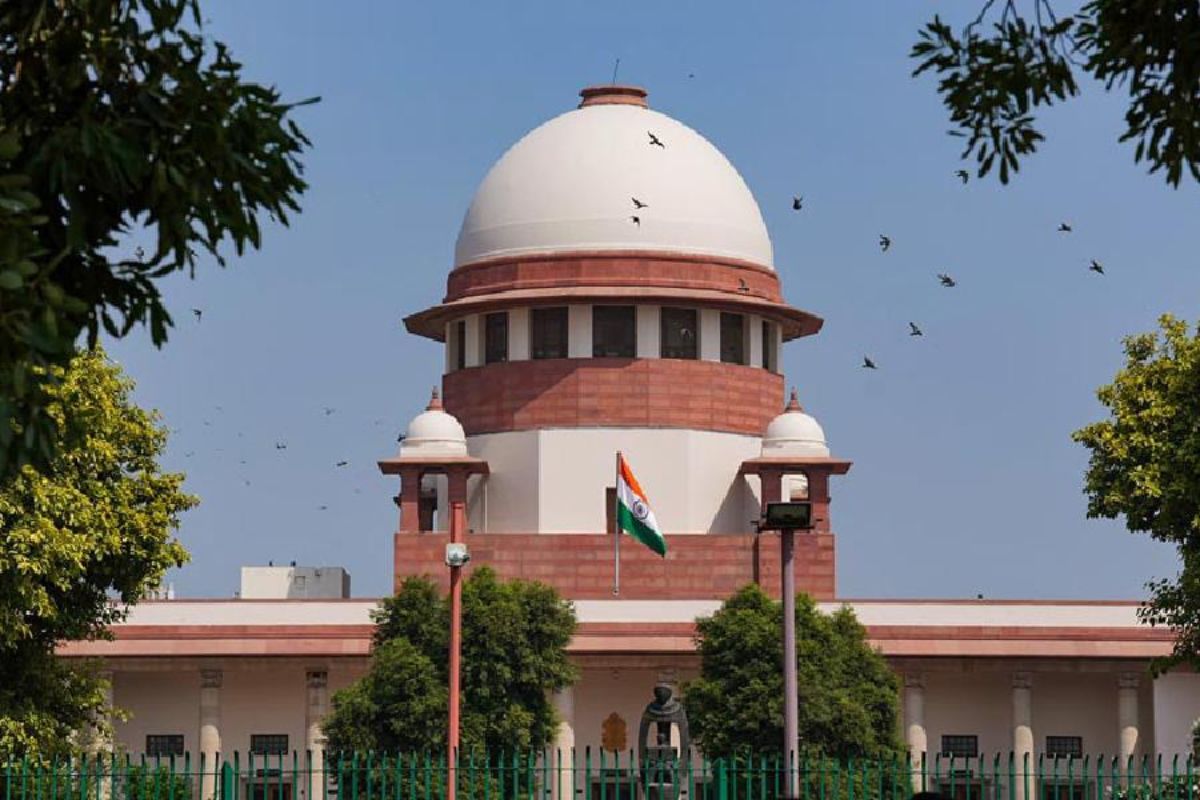The Supreme Court on Monday asked Delhi’s Lieutenant Governor Vinai Kumar Saxena and Chief Minister Arvind Kejriwal to “rise above bickering”, and sit together and decide on the name of Chairperson of Delhi Electricity Regulatory Commission (DERC).
A bench of Chief Justice D Y Chandrachud and Justices Pamidighantam Sri Narasimha and Justice Manoj Misra said that both the lieutenant governor and the chief minister are constitutional functionaries and have to rise above political bickering.
Advertisement
Asking both the lieutenant governor and the chief minister to bury the hatchet and arrive at a common name to head DERC, the Chief Justice Chandrachud asked, “Does everything run through modalities of the Supreme Court? They both are constitutional functionaries. Can’t the Lieutenant Governor and Chief Minister sit and come with a name on which both agree.”
“So much of the work of the government happens away from the public eye. We are not so much concerned about the DERC chairperson appointment which will be done. We are on to a larger issue. You both can sit together and sort out some issues,” CJI Chandrachud said while posting the matter of DERC Chairperson’s appointment for hearing on Thursday.
Apparently showing the way, the matter can be resolved, CJI Chandrachud said that there are many ways – one way is that one functionary gives a list of three names and the other functionary accepts one name. “We don’t want to step into this. We want you both to sit down and do this.”
The top court’s counsel to both – the Lieutenant Governor and the Chief Minister – came in the course of the hearing of Delhi government’s petition on the appointment of the DERC Chairperson taking recourse to the provision of May 19 ordinance issued by the Centre taking away the control over services from Delhi government and vesting in the Lieutenants Governor overriding powers in the appointment of senior bureaucrats.
The top court on July 4 had ordered deferring the administering of the oath to the Justice (retd) Umesh Kumar, who was appointed by the lieutenant governor as the chairperson of Delhi Electricity Regulatory Commission. The oath was stalled till July 11.
The Delhi government moved the top court challenging the appointment of former Allahabad High Court judge, Justice Umesh Kumar as DERC chairperson on the ground that it was made unilaterally by the Lieutenant Governor without its concurrence.
The bench had noted that the petition raises a point of law regarding the validity of Section 45D of the GNCTD Act, as amended by the May 19 Ordinance issued by the Centre, which gives overriding powers to the Lieutenant Governor over the elected government in the matter of appointments.
Senior advocate Abhishek Manu Singhvi, appearing for the Delhi government, had sought stay of the notification appointing Justice Kumar.
Unilateral action by the LG is against the Supreme Court’s five-judge Constitution bench judgment and also the spirit of Article 239AA of the Constitution, he had said.
Earlier, Kejriwal approved Justice (retd.) Rajeev Shrivastava for the DERC chairman, and the file was put up by former deputy chief minister Manish Sisodia, who also held the power portfolio.
However, the file was returned by Lieutenant Governor Saxena with a recommendation to also consult with Delhi High Court Chief Justice for the appointment.
Later, the Delhi government approached the Supreme Court on April 12, blaming the Lieutenant Governor for delaying the appointment.
On May 19, the top court observed that the lieutenant governor is not supposed to act on his own discretion on such appointments, and directed the government to appoint the DERC chairperson within two weeks.
However, Justice Shrivastava later ‘expressed his inability to accept the appointment’ due to ‘family commitments and requirements’.









